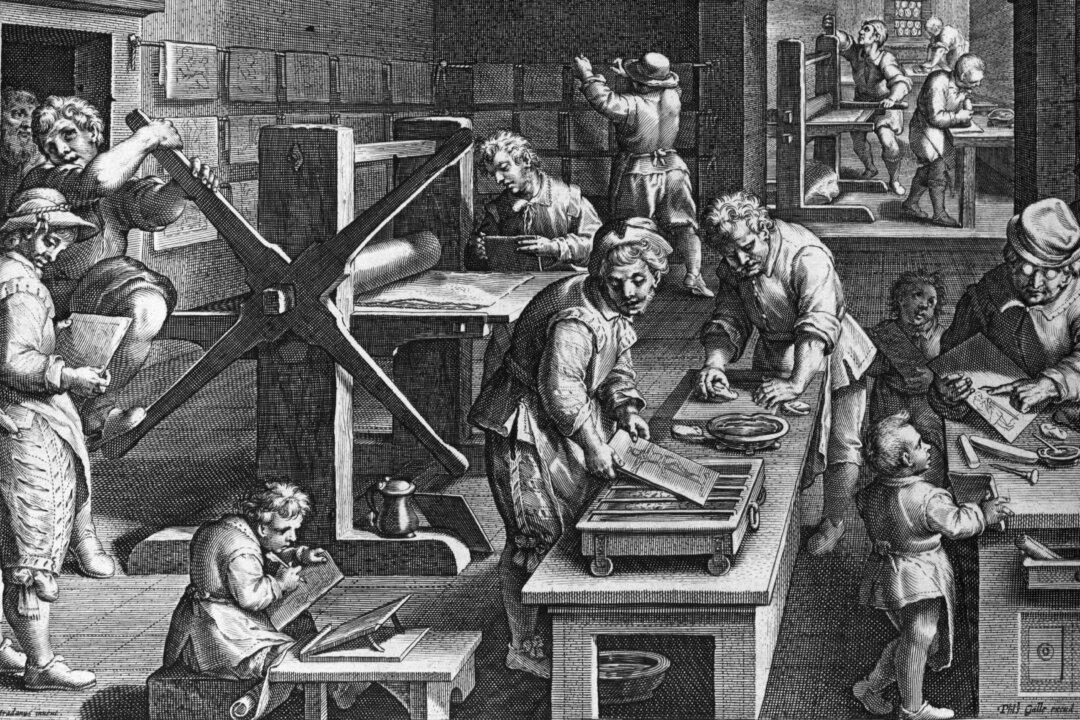Capitalism—how can a single word spark so much praise and vitriol simultaneously? How can a word prolifically used to describe most societies around the world provoke starkly different interpretations? We have to dive into history to answer those questions, but history is so brimming with contemporary parallels, it hardly feels like the past at all.
What’s more, truly untangling the meaning of capitalism requires mapping a way to a common ground for massive groups of people locked in a maze of heart-burning conflict.





